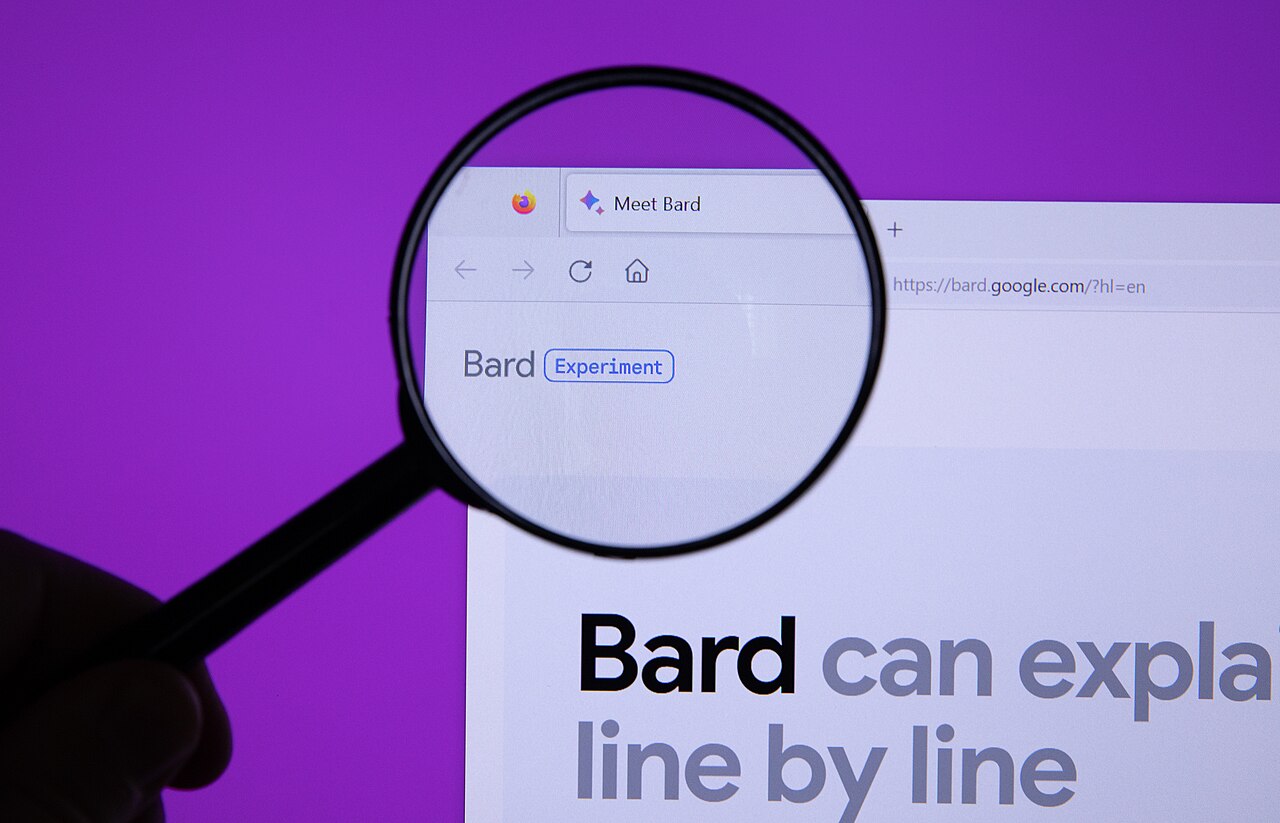Skift Take
Will generative AI's demands for longer answers and fewer links change Google's travel advertising business model? That change is almost inevitable, but where does that leave Google?
Generative AI is already prompting travel businesses to retool internal operations and release new products.
Even with Google's release of its Gemini upgrade, which is geared to compete with OpenAI's ChatGPT, it's a good bet that Google Search will face new pressure and a growing roster of competitors, from OpenAI to Microsoft/Bing, Meta, Apple, and perhaps new rivals.
What happens to Google's advertising links – from which it earns billions – if AI enables instant answers?
We posed the following question to several travel executives and investors: Will generative AI change Google's advertising-only business model? Will it become an online travel agency?
None explicitly said Google would become an online travel agency, a prospect that Google has long downplayed. But they forecast far-reaching changes to Google's advertising business, and the competitive landscape.
We received the following 9 replies, which have been edited for length and clarity.
Brad Gerstner, founder and CEO, Altimeter Capital"Consumers don’t want ads. They want answers and actions. The world’s most elite travel agent, who knows all of their info, past bookings & preferences in their pocket, and that will soon be possible thanks to AI/GPTs. In this era, subscription, ads, agent fees, CPA, are all on the table. Safe to say it will not look like the 10 blue links and ad spam that we get today."
Steve Hafner: co-founder and CEO, Kayak:"It definitely will [change], because Google has more datapoints than anyone. Simple use case: Google notices that you've accepted a business meeting in Berlin in two months on your Google calendar. It knows from your past Gmail travel bookings that you prefer United, fly business, and like to arrive one day early and leave immediately in the p.m. when meetings end. It also knows your past hot
